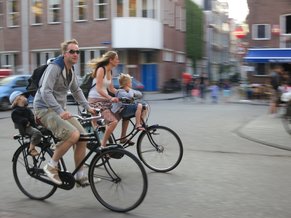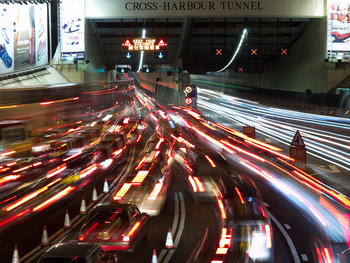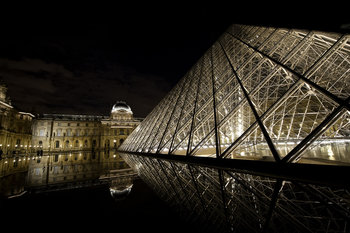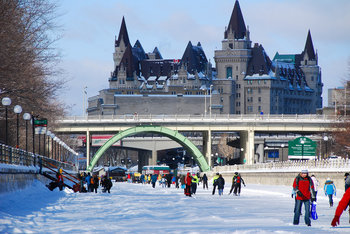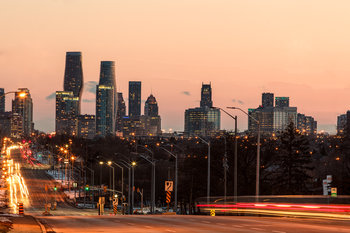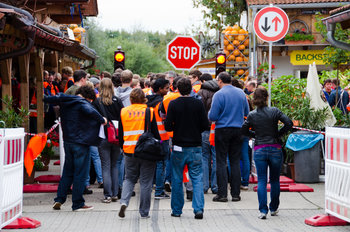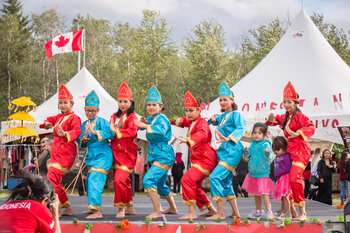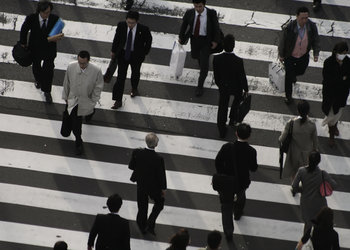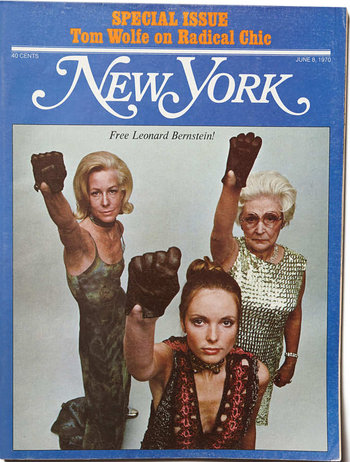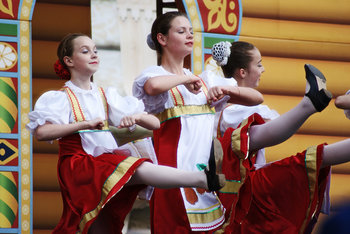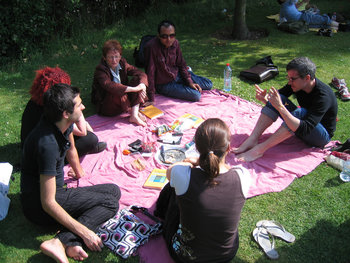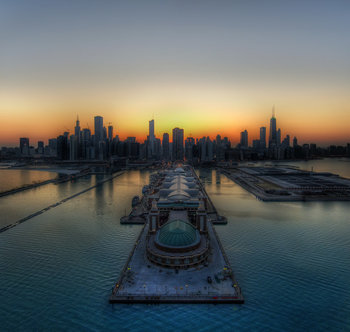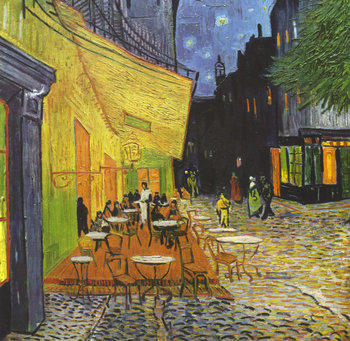
Diversity
A cosmopolitan city may have dozens or perhaps hundreds of ethnic groups well represented in its population with a large number of languages spoken. This often translates to neighborhoods associated with an ethnic population that give an area a unique identity.Sophistication
Residents of a cosmopolitan city have the opportunity to interact with a great many people of different backgrounds. As such residents may feel that they are sophisticated and worldly due to this experience.Civility
The term cosmopolitan city has positive connotations that suggests that there is a significant degree of social harmony in a city based on shared elements of culture such as language, norms and a sense of community.Economy
A cosmopolitan city has a diversified economy that is well suited to global competition. For example, cosmopolitan cities tend to have a large number of small businesses and individuals who exhibit an entrepreneurial spirit. Firms find it is easy to attract talent to a cosmopolitan city as they are typically viewed as an attractive place to work.Quality of Life
Most cosmopolitan cities have a reasonably high quality of life. This is the basis for their formation as quality of life attracts global talent. This can produce a virtuous cycle as quality of life attracts talent and ambition leading to economic growth and more quality of life.Creativity
Creative individuals tend to be attracted to cosmopolitan cities such as New York, Los Angeles and Paris as these cities are known for their significant artistic output. This may be based on a tendency for creative individuals to be open to diverse experiences and to be attracted to stimulating environments.Tourism
Cosmopolitan cities typically draw significant numbers of tourists as they are viewed as capitals of commerce, art and entertainment.| Overview: Cosmopolitan City | ||
Type | ||
Definition | A large city with a diverse culture. | |
Related Concepts | ||

